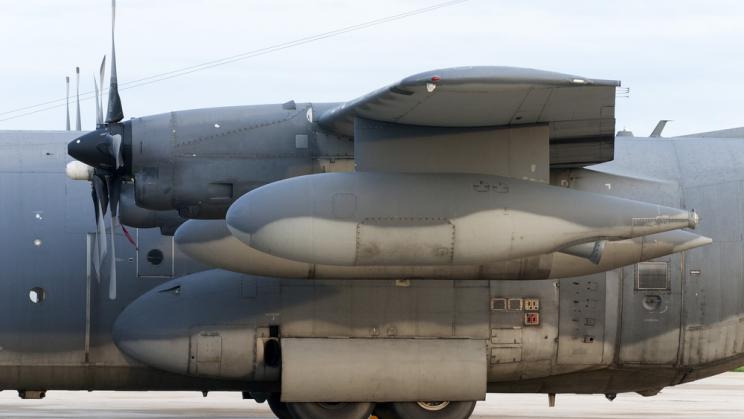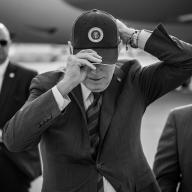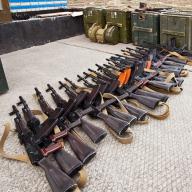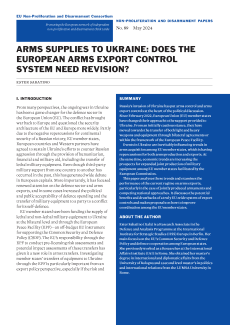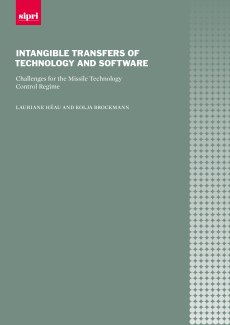Arms export controls
The need for states to exercise effective control over international arms transfers is universally accepted. Such controls play an essential role in preventing illicit transfers of conventional arms, including small arms and light weapons (SALW). States have also adopted a wide range of national, regional, multilateral and international commitments concerning the need to avoid supplying arms that might exacerbate an ongoing conflict, contribute to destabilizing weapons build-ups, or be used in violations of human rights and international humanitarian law.
However, not all states subscribe to these principles and—among those that do—economic and political concerns continue to play an important role in decision-making, leading to cases where standards are ignored or watered-down.
SIPRI’s work on arms export controls focuses on efforts at the national, regional and international level to develop and strengthen laws, regulations and standards in this area, as well as broader efforts to combat illicit trafficking, particularly of SALW. These efforts include the development and implementation of national laws and regulations, United Nations and European Union arms embargoes, the EU Common Position on Arms Exports, the Wassenaar Arrangement, the UN Programme of Action on SALW, and the Arms Trade Treaty.
